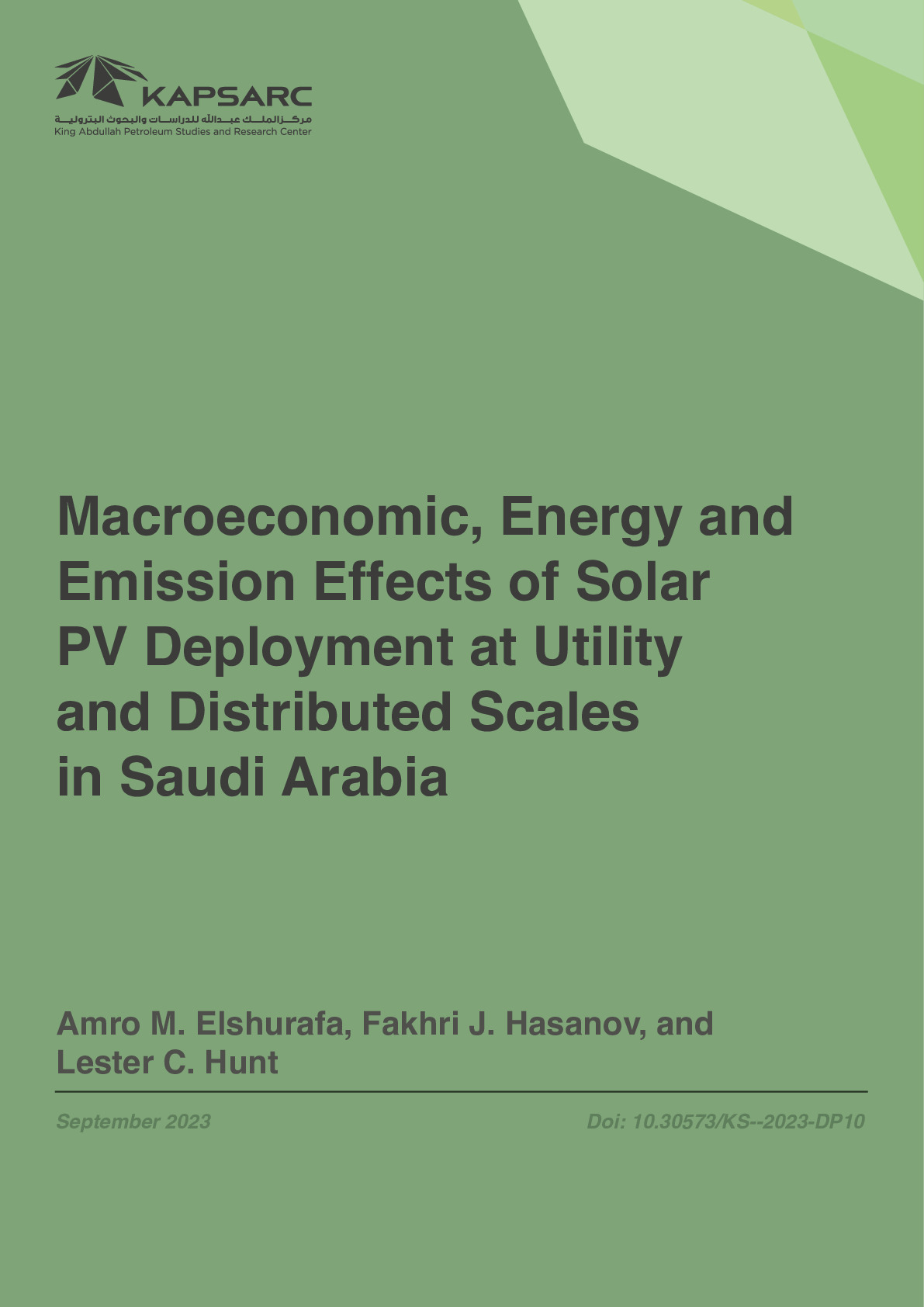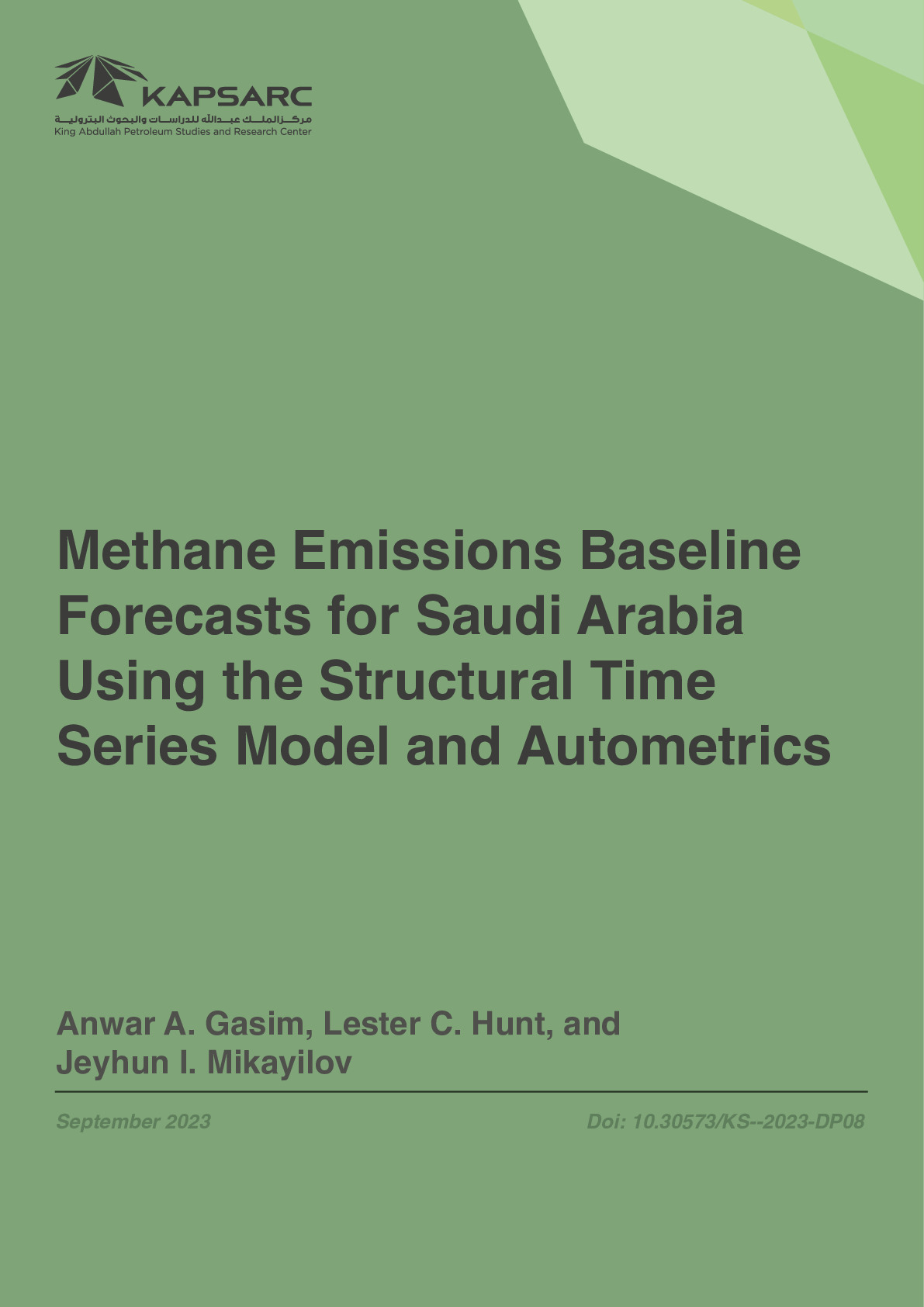The promotion of US energy efficiency policy is seen as a very important activity. Generally, the level of energy efficiency of a country or state is approximated by energy intensity, commonly calculated as the ratio of energy use to GDP. However, energy intensity is not an accurate proxy for energy efficiency given that changes in energy intensity are a function of changes in several factors including the structure of the economy, climate, efficiency in the use of resources, behaviour and technical change. The aim of this paper is to measure persistent and transient energy efficiency for the whole economy of 49 states in the US using a stochastic frontier energy demand approach. A total US energy demand frontier function is estimated using panel data for 49 states over the period 1995 to 2009 using two panel data models: the Mundlak version of the random effects model (which estimates the persistent part of the energy efficiency) and the true random effects model (which estimates the transient part of the energy efficiency). The analysis confirms that energy intensity is not a good indicator of energy efficiency, whereas, by controlling for a range of economic and other factors, the measures of energy efficiency obtained via the approach adopted here are. Moreover, the estimates show that although for some states energy intensity might give a reasonable indication of a state’s relative energy efficiency, this is not the case for all states. © 2015, Springer Science+Business Media Dordrecht.

Visiting Researcher Lester C. Hunt is a part-time Professor of Economics at the University of Portsmouth and a KAPSARC Visiting Researcher. Lester… Lester C. Hunt is a part-time Professor of Economics at the University of Portsmouth and a KAPSARC Visiting Researcher. Lester previously worked at the Universities of Essex (1979-1980), Swansea (1980-1985 and 1987-1989), Surrey (1989-1991 and 1999-2017), and Portsmouth (1994-1998, and 2017 onwards). At Surrey he was Head of Economics (1999-2003) and Director of SEEC (2003-2015). At Portsmouth he was Head of Economics (1996 -1998) and Head of Economics and Finance (2017-2021). In addition to working in higher education, Lester was an Economic Adviser in the forecasting division of HM Treasury (1985-1987), an Energy Analyst/Economist at Midlands Electricity (1991-1994) and a Senior Research Fellow at KAPSARC (2015-2017). Lester holds a B.Sc. (Hons) in Economics with Econometrics from Loughborough University, an MA in Economics from the University of Essex, and a Ph.D. in Economics from the University of Surrey. He has been an Editor of The Energy Journal since 2006.
Expertise
- Energy Economics and Policy
Publications See all Lester C. Hunt’s publications

Macroeconomic, Energy and Emission Effects of Solar PV Deployment at Utility and Distributed Scales in Saudi Arabia
The promotion of US energy efficiency policy is seen as a very important activity. Generally,…
14th September 2023
Methane Emissions Baseline Forecasts for Saudi Arabia Using the Structural Time Series Model and Autometrics
The promotion of US energy efficiency policy is seen as a very important activity. Generally,…
14th September 2023